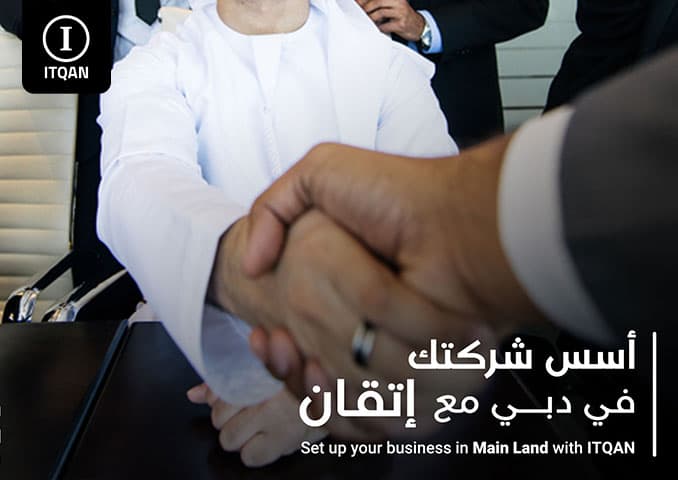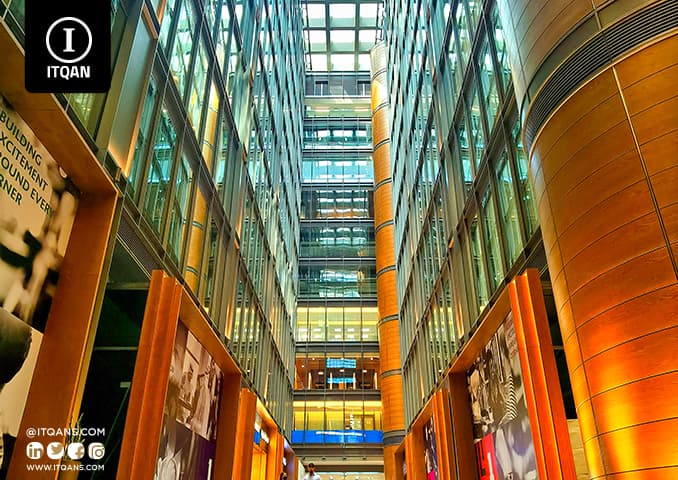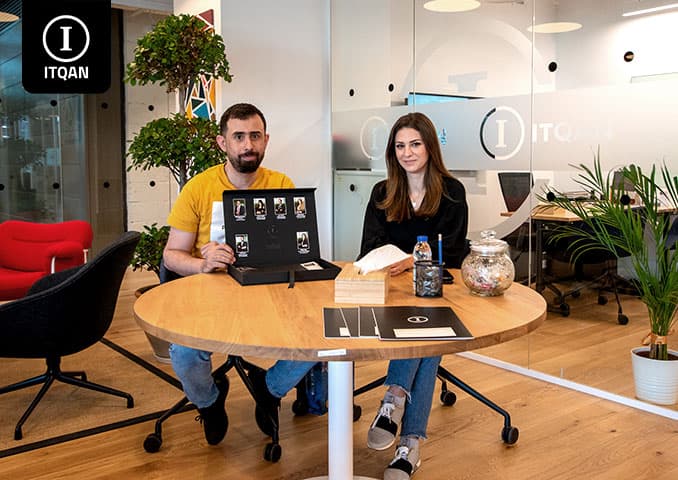What is the best profitable business in UAE?
The United Arab Emirates is one of the world’s most prominent investment destinations, with a thriving economic environment and advanced infrastructure. Since the discovery of oil in the mid-20th century, the UAE has diversified its economy, contributing to sustainable growth and increasing its attractiveness to investors from all over the world. The country offers a […]
What is the best profitable business in UAE? Read More »











